Rajshahi, Aug 31 (V7N) - New jute has recently hit the markets in Rajshahi, and farmers are delighted with the higher prices compared to last year. Currently, jute is priced between Tk 2,300 and Tk 2,800 per maund.
The promising prices have led to a flurry of activity among farmers and laborers, who are busy with harvesting, retting, fiber extraction, and drying. Markets and trading spots across the district are bustling with jute transactions.
According to the Rajshahi Agricultural Extension Department, jute is being cultivated on 17,085 hectares this year, down from 19,600 hectares last year. Despite the reduction in acreage, favorable weather has supported a good jute harvest.
Jute markets usually open early in the morning, with trading starting before dawn and wrapping up by 7:30 to 8:00 AM. In the Dighahat market in Bagha Upazila, jute is trading between Tk 2,300 and Tk 2,800 per maund.
Both buyers and sellers note that while last year’s prices were favorable, this year’s prices are approximately Tk 200 higher per maund at the season’s start. They anticipate that prices will remain strong as the season progresses.
Mokul Hossain from Dighahat in Bagha reported that the initial lack of rainfall affected seed germination and delayed planting. However, recent rains have alleviated concerns about retting. The cost to cultivate jute on one bigha of land this year is between Tk 6,000 and Tk 7,000, producing 7 to 8 maunds per bigha.
Jute farmer Amirul Islam from Bausa Amrpur noted that high water levels have driven up labor costs for harvesting. Despite this, jute prices remain between Tk 2,300 and Tk 2,800 per maund. However, local jute is not as high-quality or well-colored as jute from other regions, resulting in lower prices.
Maksud Ali from Bausa Hedatipara sold 6 maunds of jute for Tk 12,900 at Dighahat last Friday, although he had to account for cart and toll costs. He noted a strong demand for jute in the market.
Jute trader Abul Kalam observed that jute prices in Naogaon are Tk 500 to 600 higher per maund compared to Rajshahi, but local jute quality affects the pricing.
Azizul Hossain, a jute trader from Digha village, mentioned that he has begun buying jute due to strong market demand. This year, less jute has been grown in other regions, while local jute mills have expanded, increasing demand in various markets.
Shafiullah Sultan, the Agriculture Officer for Bagha Upazila, explained that some water in jute fields does not harm the fibers, but harvesting before full maturity can affect production. This year, jute cultivation in the Upazila spans 4,780 hectares, with a yield of 2.8 tons per hectare.
END/MRA/SMA/



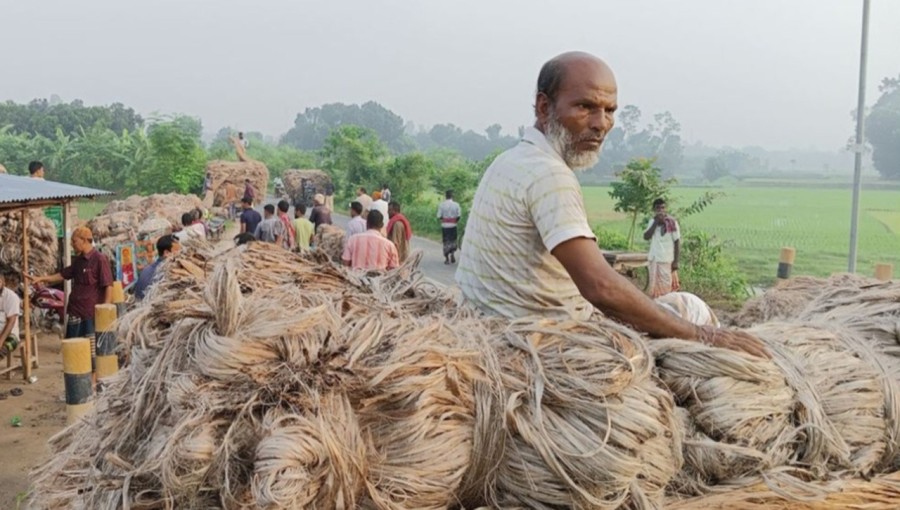
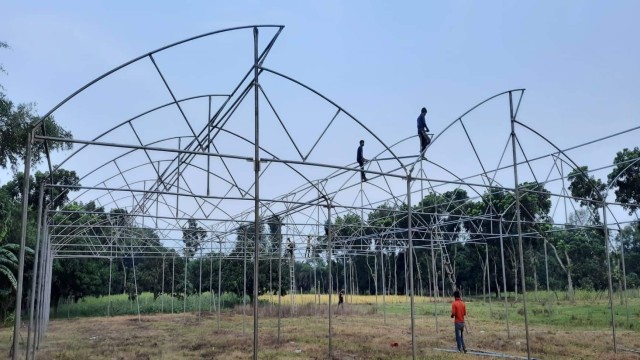
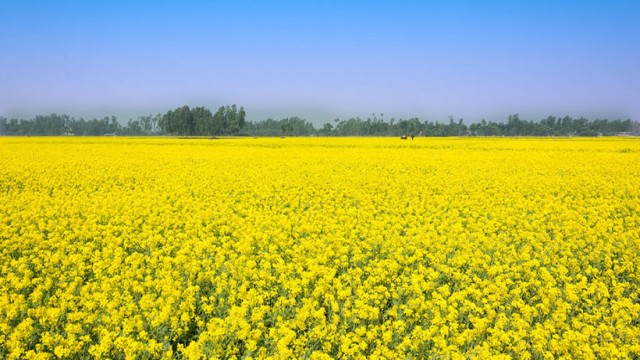
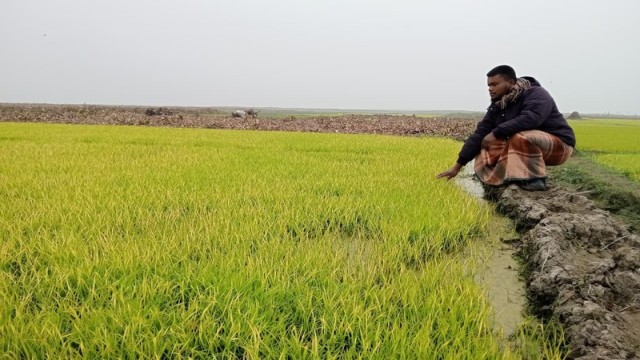
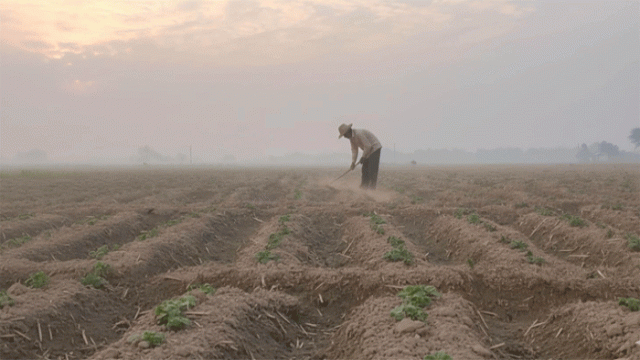
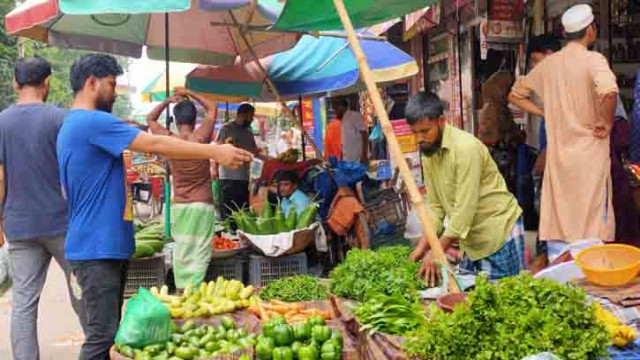
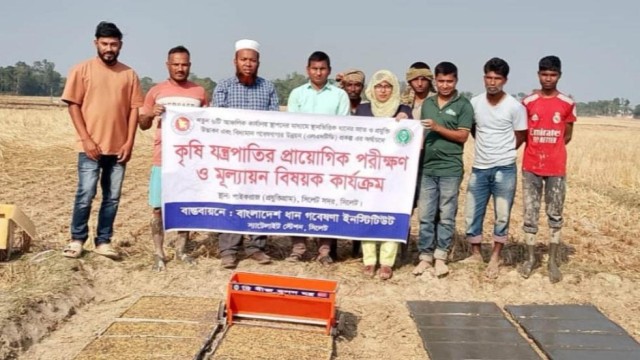

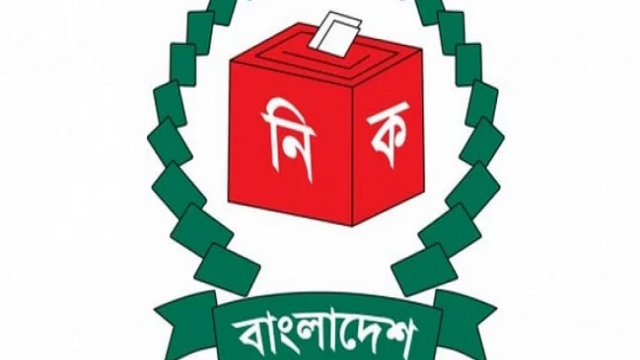
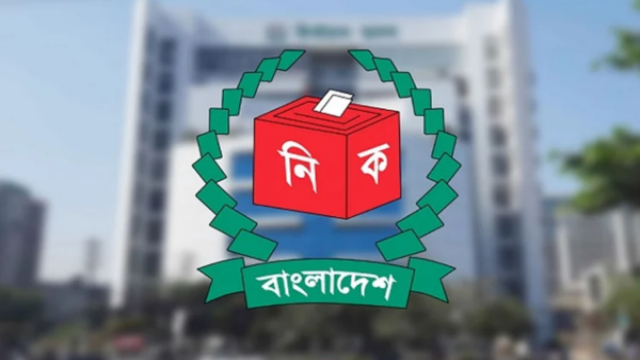
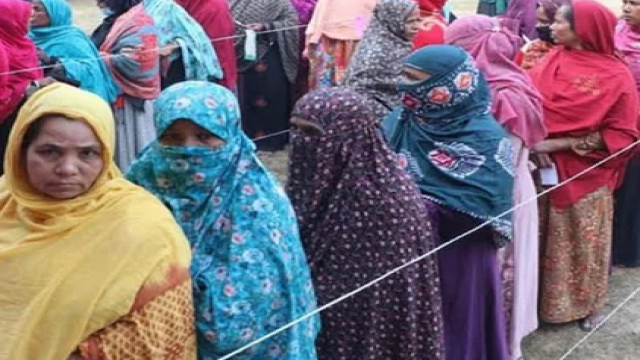

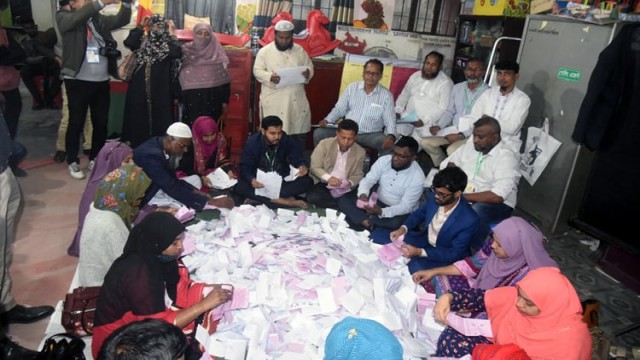
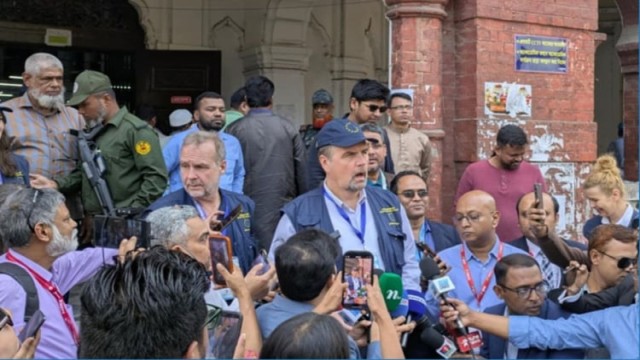


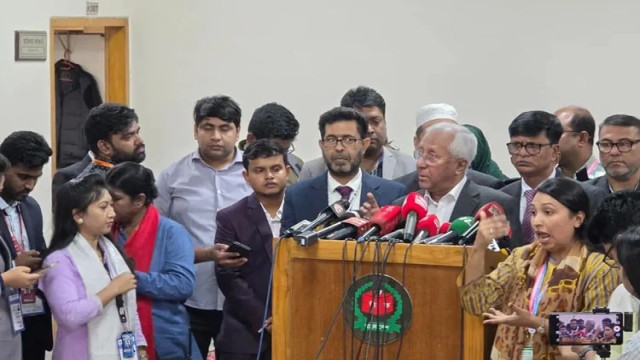











Comment: